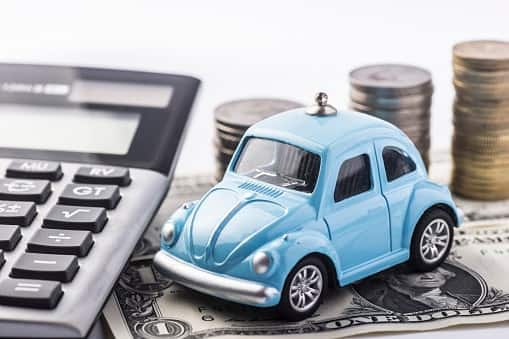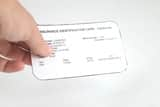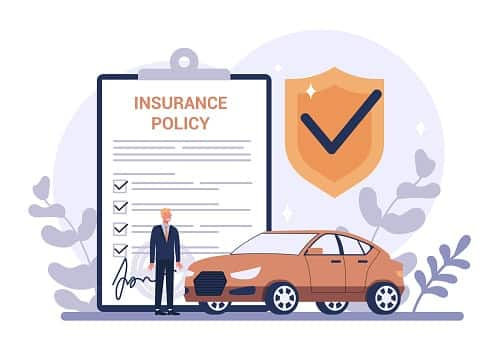Why do you need car insurance while your car is in the shop?
Car insurance is a legal requirement in nearly every state. If your car is registered and has plates, it needs to be insured. That’s true even if it’s not currently on the road because it’s being repaired.
Car repair shops have some coverage in case they damage your car or there’s a fire that destroys it. They also have their own coverage for when employees are moving the car around as needed. That coverage doesn’t replace your personal insurance policy.
A lapse in insurance will be reported to the DMV and could result in your registration being revoked and other penalties. When you go to sign up for insurance again, that lapse could mean higher premiums.
If you have a loan or lease on the car, keeping it insured is part of your agreement. If you stop paying, you’ll default on the loan or lease agreement.
Can I cancel the insurance if my car can’t be repaired?
If you get bad news from the shop and it turns out the car is not repairable, or the cost to repair it isn’t worthwhile, there are a couple of options.
If the repairs were being done under a covered claim, the insurance company will likely declare the car a total loss. They’ll pay you for the car’s depreciated value and then take ownership of it. At that point, you can either cancel the insurance or buy a new car with the payout and replace the old car on the policy.
If the car is not in the shop for a covered claim, you need to keep it insured until you can decide what to do with it. Your choices include:
- Sell it to a salvage yard
- Donate it to charity
- Sell it to an individual for parts
- Keep it as a non-operational vehicle, if your state allows it
With the first three, you can cancel the insurance as soon as ownership is transferred. With the last option, you’ll need to turn in your plates and, in some states, register the car as non-operational. Then, if the car is kept on private property and not driven, you can drop the insurance.





